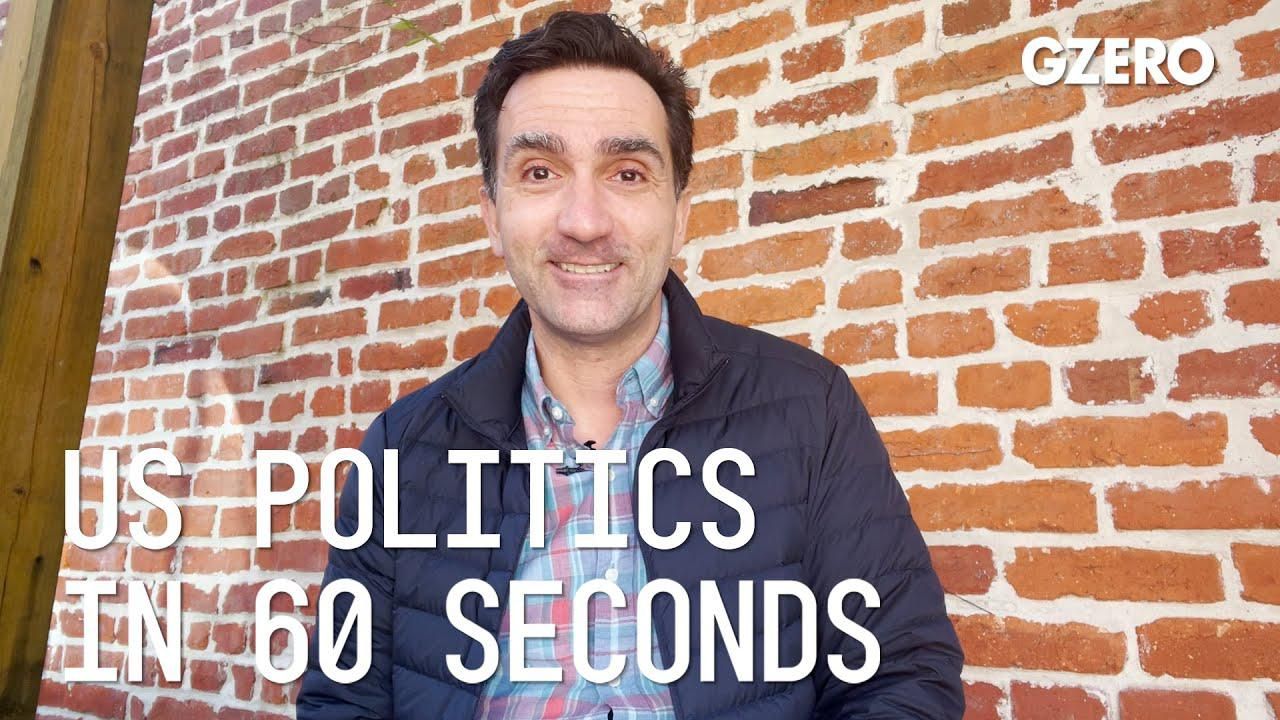
Jon Lieber, Managing Director of the United States for the Eurasia Group, shares his insights on US politics:
Is the surging immigration crisis the biggest challenge for the still new Biden administration?
I wouldn't say the immigration crisis is the biggest policy challenge, that's probably the coronavirus and getting the economy back on track and maybe a little bit of foreign policy, but it's certainly one of the biggest political challenges.
Immigration has emerged as the third rail of American politics, something that really divides the left and the right, it's really divisive amongst Americans, and it's almost impossible for policymakers to come to an agreement and find reforms that they agree upon to do anything about this issue. There's still a large number of illegal aliens living in the country. And as we've seen in recent weeks, there's a surge of children, unaccompanied minors, arriving at the southern border who are required by law, the US is required by law to take in, and process their asylum claims here in the United States, creating the perception that President Biden has essentially opened the US borders. And it's a real political vulnerability for him that Republicans are going to try to exploit into the midterm elections in 2022.
How are politics getting in the way of the immigration policy Biden wants to implement?
Biden's preferred immigration reform would involve essentially reforming the legal immigration program, increasing the numbers of foreigners who are allowed to come here, and most controversially, providing a path to citizenship for people who came here illegally who have been working in living here for many, many years. This issue's so divisive that the Biden plan probably can't even pass the Democratic controlled House and is going to go nowhere in the Senate as long as the super majority requirement exists, that requires Republican votes to pass legislation. The House, instead, this week, did pass two bills, one of which gives a pathway to citizenship for adult residents of the United States who were brought here illegally as children, and two, provides a pathway to citizenship for agricultural workers who have been here a long time. These bills are kind of the low-hanging fruit of immigration reform where Democrats can agree. They don't yet agree on a much broader reform that would give a broader pathway to citizenship for illegal aliens or change the amount of numbers coming into the country. Both these bills unlikely to go anywhere in the Senate because of the politics and this is going to be a tricky issue that will probably be one of the defining issues of the 2020 midterms, unless President Biden can convince the Mexican government to try to help him keep the numbers of migrants coming from Central America down.
- Migrants on the move - GZERO Media ›
- What We're Watching: Biden's immigration dilemma, "illiberals" sue ... ›
- Can AMLO Live Up to Mexico's Critical Moment? Jorge Ramos ... ›
- Biden plays the (Central American) Triangle - GZERO Media ›
- Why election reform laws are deadlocked on Capitol Hill - GZERO Media ›
- Why election reform laws are deadlocked on Capitol Hill - GZERO Media ›